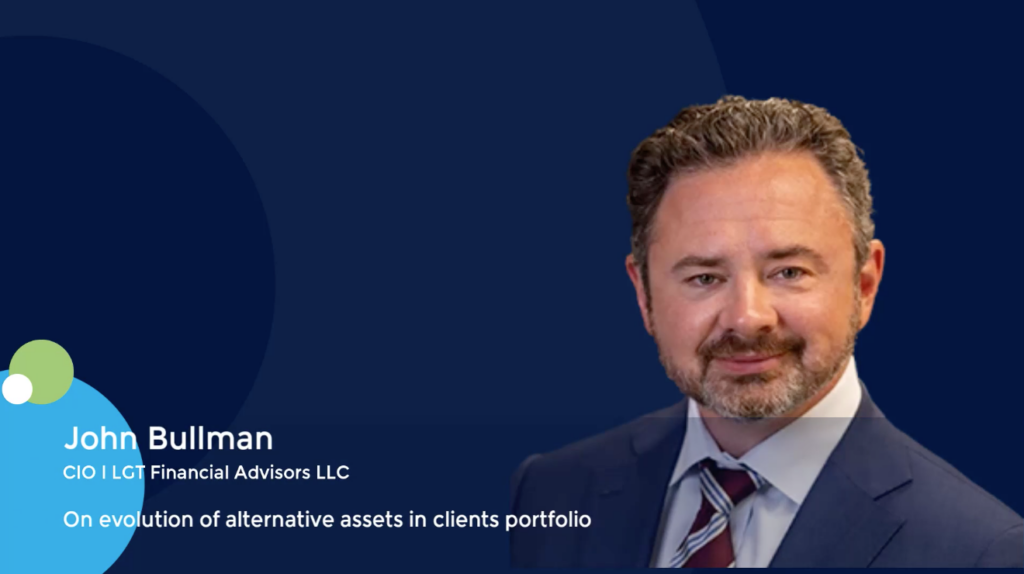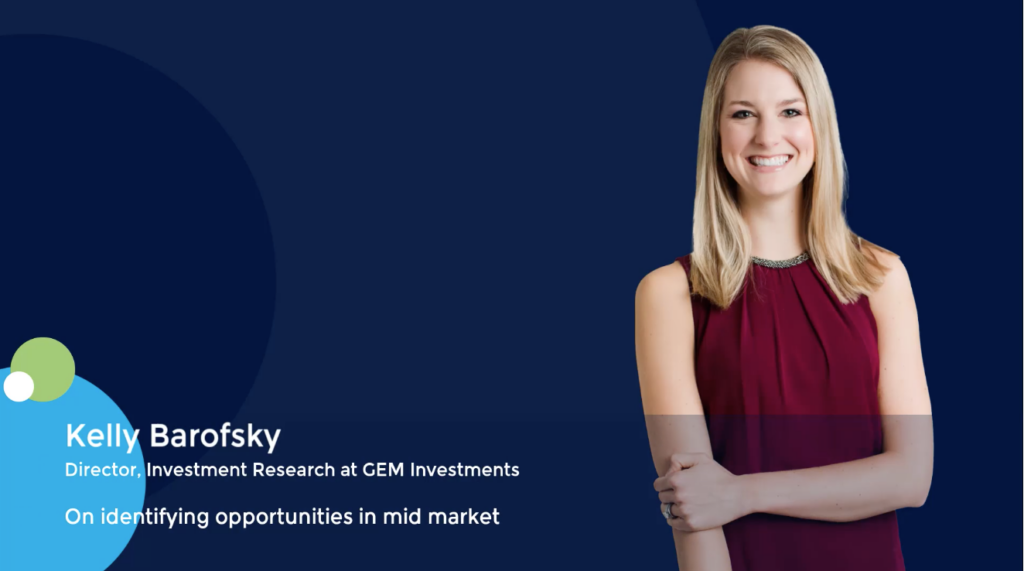Requiem for blank-check vehicles
Issuance for new special purpose acquisition companies is not expected to pick up anytime soon as mandates around new advisory opportunities continue to decrease, sector advisers said.
The high level of redemptions for most SPACs recently means many potential issuers do not see a viable environment for new listings, even though some are still exploring the option. One advisor, though, said the number of prospective new clients looking to list such vehicles had dramatically decreased to almost zero this year.
This week, Tiga Acquisition II, a blank check company formed by Tiga Investments, withdrew its plans for an initial public offering after filing in February 2021 to raise USD 200m. Last week, blank-check company Arago Acquisition withdrew its planned IPO in a filing with the Securities and Exchange Commission. Forest Acquisition, which was sponsored by Bit Mining Management and planned to target middle-market growth businesses, backtracked on its plan in September.
According to Dealogic data, new SPAC issuance in the US this year fell to USD 3.46bn from 27 deals, well below the USD 13.3bn brought in by 86 deals last year. Even 2022’s performance pales against the record USD 162.6bn seen in 2021, when the SPAC product still held promise.

Overseas, the situation is similar. Financials Acquisition, a vehicle in Europe, blamed volatile markets for failure to attract investors when it opted to wind up the SPAC. Dubai-based investment bank Shuaa Capital also liquidated its Nasdaq-listed USD 100m SPAC amid uncertain market conditions.
There have been efforts to revive the market by tweaking the technical features of the vehicle. Investor Bill Ackman recently debuted a new investment vehicle, Pershing Square SPARC Holdings, which plans to raise a minimum of USD 1.5bn from investors for the acquisition of a private company.
Named SPARC (which stands for “special purpose acquisition rights company”), the product doesn’t require upfront capital from investors like a SPAC, with the money only deployed once it has disclosed a deal to buy a company.
However, advisers interviewed by this news service said so far they have not seen particular enthusiasm from ECM clients in replicating the model.
U-turn on de-SPACs
The largest source of activity is currently brought by a number of vehicles narrowing in on de-SPAC transactions, and an ECM lawyer said a number of late-stage discussions are still being finalized.
Companies that listed via SPAC business combinations in the past two to three years are increasingly in talks to be scooped up by private acquirers in take-private and acquisition deals by strategics.
Two advisers said they have a pipeline of companies spanning technology and life sciences facing such processes.
“Simply, many of these companies are running out of cash. The SPAC boom in recent years maybe turned out not to be the best option for some of these companies,” said a corporate and capital markets lawyer. “I am sure the hope was to remain public, but now management has realized it makes more sense to go private.”
“We expect more of these exploring the same decision,” she said.
Regulatory lull
As the SPAC IPO market slows to a halt, there is a widespread understanding that this could have consequences on a changing policy framework. Most of the advisers interviewed are not looking out for a major response on the consultation of SPAC new rule proposals issued by the SEC last year. The proposed SPAC rules’ new provisions sparked outrage in the market when they were first announced, carrying heightened disclosure coupled with liability for underwriters.
At the time of the SPAC rule first announcement in March 2022, SEC Chairman Gary Gensler said SPACs were being used as an alternative means to conduct an IPO, and “investors deserve the protections they receive from traditional IPOs, with respect to information asymmetries, fraud, and conflicts, and when it comes to disclosure, marketing practices, gatekeepers, and issuers.”
Two lawyers with experience advising on SPACs said no one in the advisory community is holding their breath on an outcome anytime soon. While the regulator has invited feedback, the market has been inactive enough that officials could have shifted their attention to more pressing issues.
“We have not yet heard of any upcoming outcome on the consultation,” said one adviser.
The SEC is not required to issue a notification on its progress, he explained.
There is not a single aspect in the SPAC world that is not pinned on – up until now – largely unfulfilled hopes.










